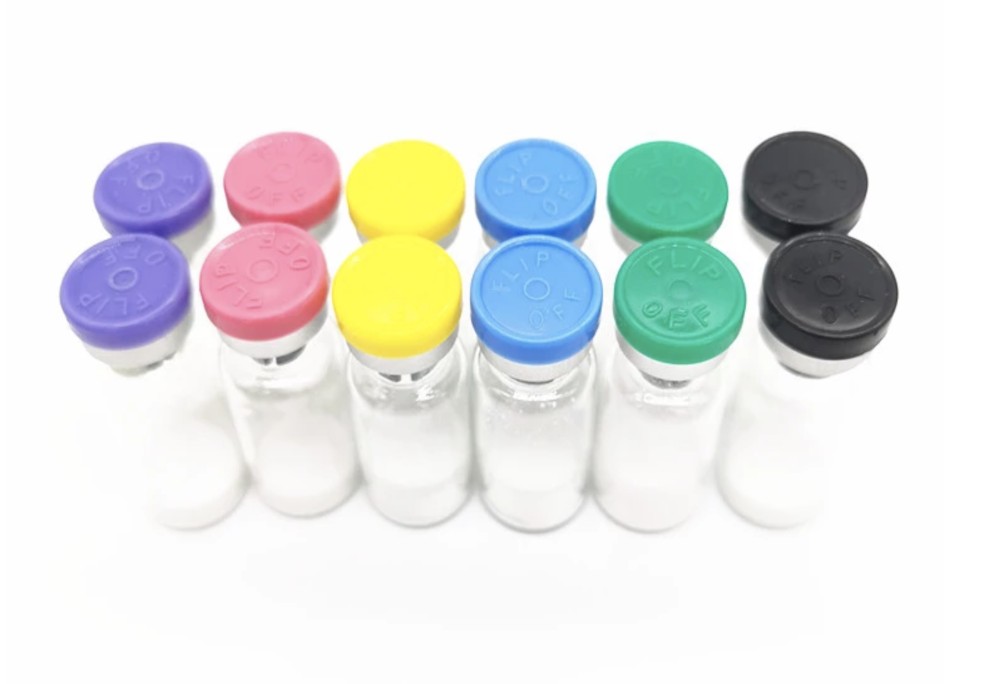PRODUCT NAME: NESIRITIDE
CAS NO.: 124584-08-3
EINECS: 1312995-182-4
MOLECULAR WEIGHT: 3464.073
FORMULA: C143H244N50O42S4
DENSITY:1.529
STORAGE TEMPERATURE:−20°C
SOLUBILITY:SOLUBLE IN WATER AT 1MG/ML
APPEARANCE:WHITE POWDER
PURITY: ≥98%
Nesiritide, sold under the brand name Natrecor, is the recombinant form of the 32 amino acid human B-type natriuretic peptide, which is normally produced by the ventricular myocardium. Nesiritide works to facilitate cardiovascular fluid homeostasis through counterregulation of the renin–angiotensin–aldosterone system, stimulating cyclic guanosine monophosphate, leading to smooth muscle cell relaxation.
Nesiritide was believed initially to be beneficial for acute decompensated congestive heart failure. It received approval from the United States' Food and Drug Administration for this purpose in 2001 after initial non-approval. In July 2011, the results of the largest study so far for nesiritide was published in The New England Journal of Medicine. The study failed to show a difference between nesiritide and placebo on mortality or re-hospitalizations.
Nesiritide is a medication used to treat acutely decompensated congestive heart failure with dyspnea at rest or with minimal exertion (such as talk, eating or bathing). Nesiritide is a 32 amino acid recombinant human B-type natriuretic peptide.
Human BNP binds to the particulate guanylate cyclase receptor of vascular smooth muscle and endothelial cells, leading to increased intracellular concentrations of guanosine 3'5'-cyclic monophosphate (cGMP) and smooth muscle cell relaxation. Cyclic GMP serves as a second messenger to dilate veins and arteries. Nesiritide has been shown to relax isolated human arterial and venous tissue preparations that were precontracted with either endothelin-1 or the alpha-adrenergic agonist, phenylephrine. In human studies, nesiritide produced dose-dependent reductions in pulmonary capillary wedge pressure (PCWP) and systemic arterial pressure in patients with heart failure. In animals, nesiritide had no effects on cardiac contractility or on measures of cardiac electrophysiology such as atrial and ventricular effective refractory times or atrioventricular node conduction. Naturally occurring atrial natriuretic peptide (ANP), a related peptide, increases vascular permeability in animals and humans and may reduce intravascular volume. The effect of nesiritide on vascular permeability has not been studied.






















